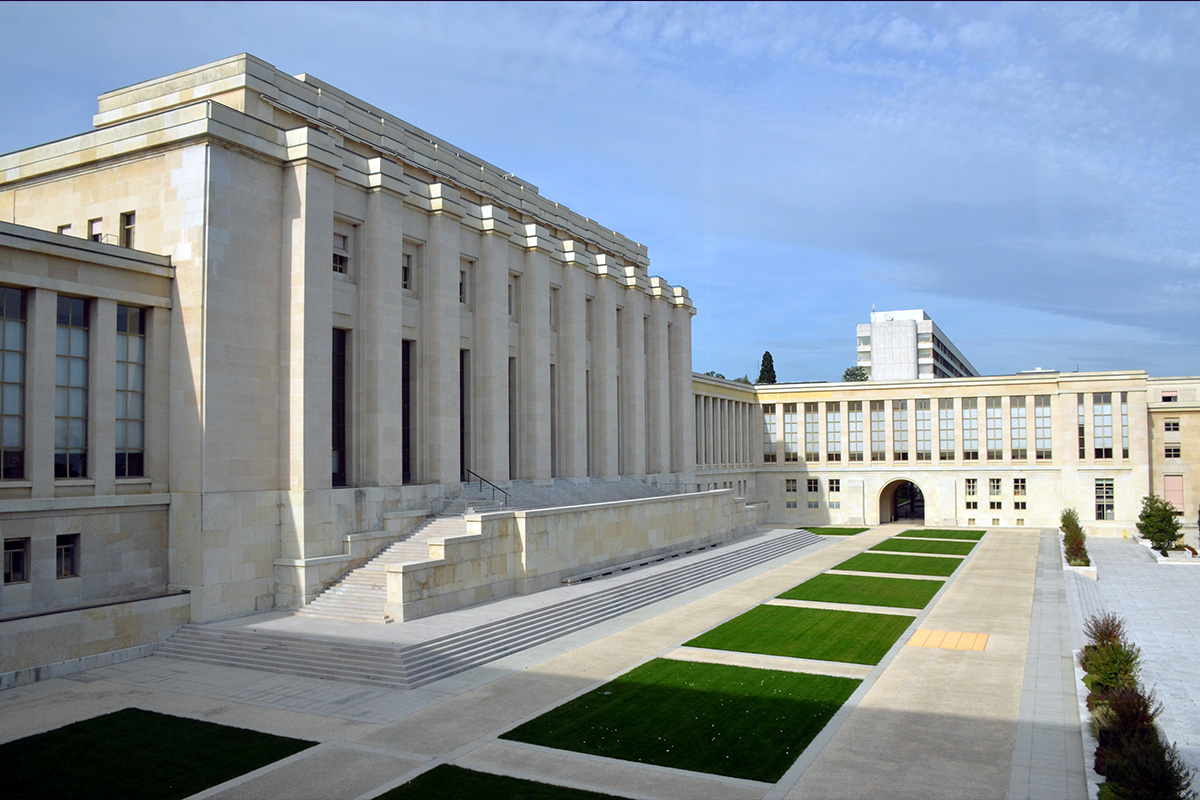UNODC: Casinos and Cryptocurrency Fueling Underground Banking and Crime in Asia

A new report by the United Nations Office on Drugs and Crime (UNODC) has found that casinos, junkets and cryptocurrency have emerged as a critical piece of the underground banking and money laundering infrastructure in East and Southeast Asia, fuelling transnational organised crime in the region.
Titled “Casinos, Money Laundering, Underground Banking, and Transnational Organized Crime in East and Southeast Asia: A Hidden, Accelerating Threat”, the study highlights the nexus between illegal online casinos, e-junkets and cryptocurrency exchanges that have proliferated in recent years alongside surging cross-border criminality throughout the region.
“Casinos and related high-cash-volume businesses have been vehicles for underground banking and money laundering for years, but the explosion of underregulated online gambling platforms and crypto exchanges has changed the game. Expansion of the illicit economy has required a technology-driven revolution in underground banking to allow for faster anonymized transactions, commingling of funds, and new business opportunities for organized crime. The development of scalable, digitized casino- and crypto-based solutions has supercharged the criminal business environment across Southeast Asia, and particularly in the Mekong,” said Jeremy Douglas, UNODC Regional Representative for Southeast Asia and the Pacific.
As outlined in the report, countless recent cases demonstrate that online casinos and related businesses have been used by major organised crime groups to move and launder massive volumes of state-backed fiat as well as cryptocurrencies, effectively creating channels for integrating billions in criminal proceeds into the financial system. At the same time, the creation and success of these underground banking mechanisms has helped expand the region’s broader illicit economy, in turn attracting new networks, innovators and service providers to the criminal ecosystem.
Cases examined also highlight how illegal online casino operators have diversified business lines to include cyberfraud and cryptocurrency laundering, with extensive evidence of organised crime influence within casino compounds, special economic zones and border areas, including those controlled by armed groups in Myanmar to conceal illicit activities.
“Organized crime groups have converged where they see vulnerabilities, and casinos and crypto have proven the point of least resistance. That said, operations against syndicates in countries including Cambodia and the Philippines have caused a partial displacement, and we have seen criminals moving infrastructure into other places where they see opportunity — basically where they expect they will be able to take advantage and not be held to account, to remote and border areas of the Mekong, and recently elsewhere,” Douglas added.
UNODC analysis estimates there were more than 340 licensed and unlicensed land-based casinos operating in Southeast Asia as of early 2022, with most having shifted online to offer live-dealer streaming and various proxy betting services. According to latest available industry data, the formal online gambling market is projected to grow to more than US $205 billion by 2030, with the Asia Pacific region representing the largest share of market growth between 2022 to 2026 at a projected 37%. The study describes several policy developments and enforcement measures implemented by governments in the region to address illegal casino-based capital outflows, corruption, and money laundering that have in part driven these trends.
The technical policy brief describes the mechanics, intricacies and drivers of underground banking in the region, and has been developed through extensive examination and analysis of criminal indictments, case records, court filings, related public disclosure and other data collected in consultation with authorities and partners over more than a year. Its development has included an extensive mapping and analysis of thousands of so-called “grey and black business” online groups, including clear web and dark web forums and marketplaces, used for illicit activities. The study also provides a list of recommendations geared towards strengthening knowledge and awareness, legislation and policy, and enforcement and regulatory responses in the region, intended to assist governments to address the situation.
“It’s clear that the gap between organized crime and enforcement authorities is widening quickly. If the region fails to address this criminal landscape the consequences will be seen in Southeast Asia and beyond as criminals look to reinvest profits and innovate operations. We trust the report will prove as a useful reference for deeper engagement between countries in Southeast Asia, UNODC, and international partners. At this point, we are just scratching the surface,” said Benedikt Hofmann, UNODC Deputy Regional Representative.






